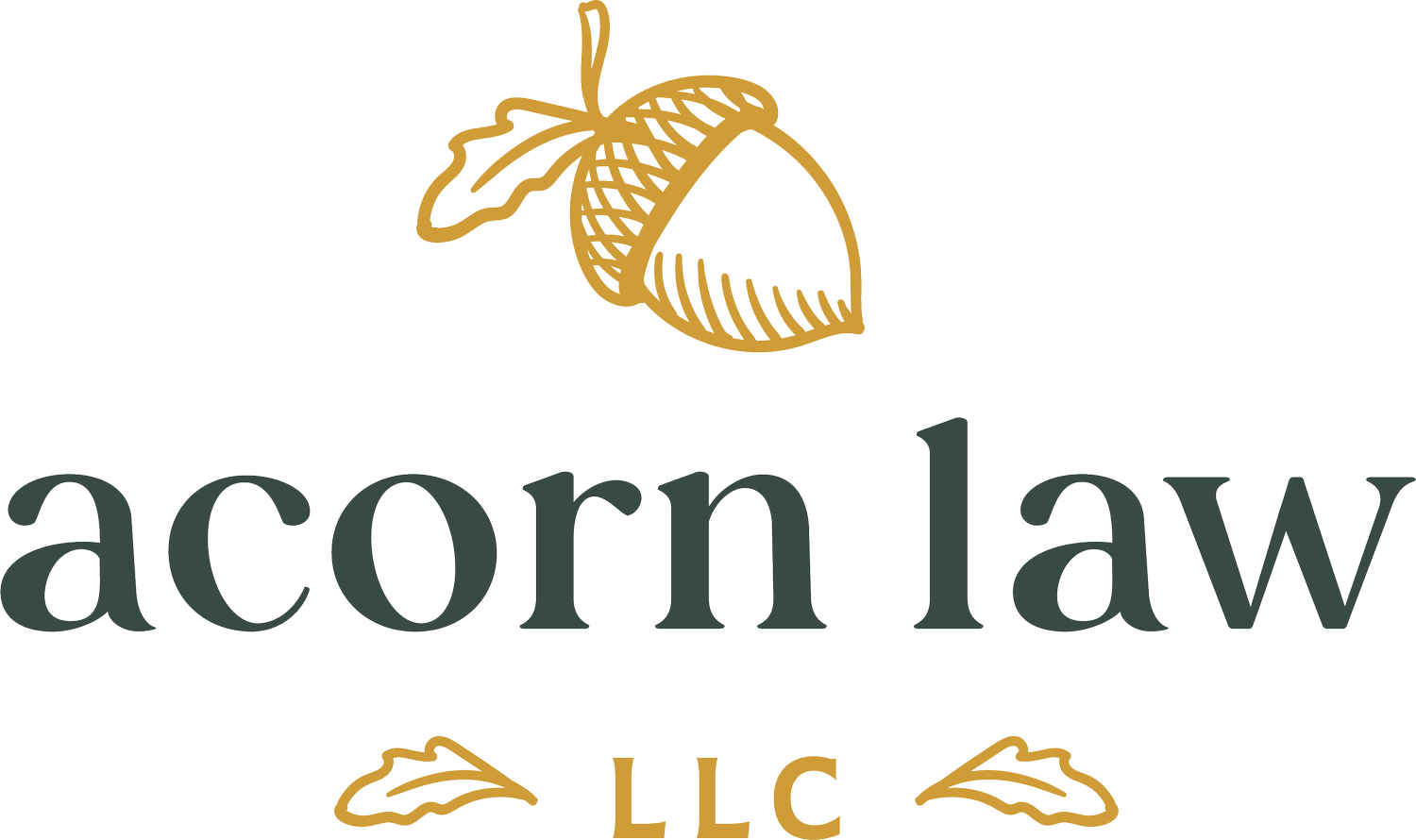Should I Tell My Loved Ones What My Will Says?
A common question I get from clients who are drafting their estate plan is: How much (if anything) should I share with my loved ones about the contents of my documents?
As a general matter, it is a good idea to let all of the people who you have named in fiduciary roles (personal representative, guardian, or trustee, for example) know that they have been named in your documents. It’s also a really good idea to let them know where to find your documents if/when they need them.
But that doesn’t mean that it’s wise to share every detail with them. For instance, if you’ve named three potential successive guardians for your children, you might not want to tell those people where they are in the lineup. Whomever is third in line may feel, “Why did they choose so-and-so to get the kids before me?” Feelings may be hurt. It may stir up family drama. And why do that over something that is a) likely to be amended anyway as your children’s situation changes and b) not likely to ever actually be needed?
Similarly, it is not a good idea to share information with your beneficiaries about how much they are likely to inherit and how. If you tell your grandson that you are giving him $100K in your will, but then your situation or your choices change over time, this may be very difficult for your grandson to accept. The benefit of sharing this information is usually outweighed by the potential drawbacks.
Hear more about this topic by watching the quick video below. If you want to discuss your own estate planning and whether/how much to share with those you love, set up an appointment today - I’d love to talk with you, and I’d love to help!


